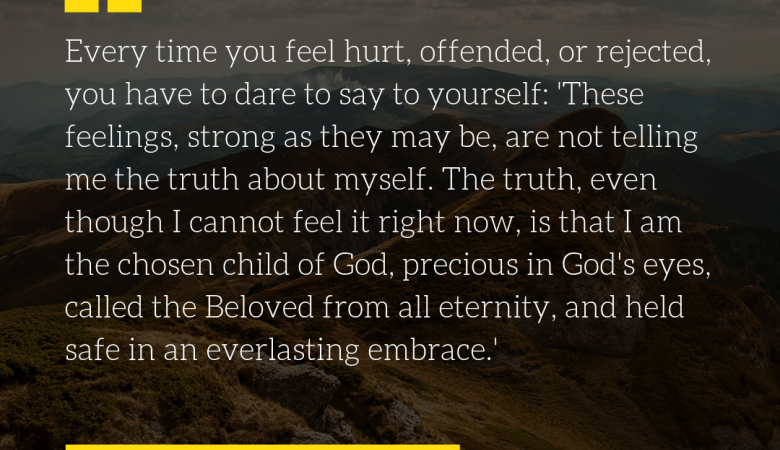Mar 17, 2019 | Barbara Ambrose
Luke 13:31-35
A Sermon for the Second Sunday of Lent
The Rev. Deacon Barbara Ambrose
Luke 13:31-35
By now many of us have settled into a devotional rhythm that is conducive to penitential contemplation setting the tone for a Holy Lent. For some this may mean giving up things – favorite foods or habits that we enjoy but can interfere with our ability to live fully into God’s intentions for our lives. For
As with most things that are good for us, potential hazards exist that can undermine our best intentions. We can become so “into” our devotions that they take precedence over some of the other things that need our attention. Lent is a time to honestly reflect upon aspects of our nature that stand between us and a closer relationship with God. When self-reflection morphs into
Each year during Lent we are reminded that Jesus Christ is God’s son, sent to redeem the
Today’s Gospel passage from Luke is filled with reminders of the evil that can inhabit the human heart. Throughout Luke’s
The first hint of treachery we find in today’s brief encounter between Jesus and the Pharisees is the very fact that the Pharisees, who hold such deep animosity for him, seem to be trying to protect Jesus from Herod’s murderous intentions. Jesus is not moved by their dubious concern, nor does he appear intimidated by Herod’s desire to kill him. “That fox,” as Jesus dismissively refers to the king, has already beheaded his cousin, John the Baptist so the risk for Jesus is quite grave. Antagonism toward Jesus seems to run in the family as his father was
Jesus understands his life is in danger from many corners and has already told his disciples twice that he will be put to death. The humanity that Jesus has come to redeem can be brutally wicked, and at every
Rather than heeding the Pharisees’
This example can point us to a new element for our Lenten consideration – what can we learn from the relentless perseverance Jesus exhibits in the face of endless obstacles and dangers? Consider for a moment that it is our fear of failure that often prevents us from fully living into what God is calling us to do. Jesus has been attracting a huge following and performing all sorts of miracles, but his prospects look grim as powerful people plot his downfall. Yet, he continues to do his work fearlessly and with good humor. In his
An active Lent might entail taking a snack bag and giving it to the guy standing on the corner that you have thought about speaking to as you walked past each day but were unsure how to start a conversation. Or you could accompany one of the Eucharistic ministers to a nursing home that you have considered visiting but were worried about what it would be like. And of
There are endless possibilities, and what I am proposing is that you ponder what fear or insecurity might be holding you back from a ministry you feel called to consider but have hesitated to pursue. Including active engagement in the world as a part of your Lenten discipline might even further deepen your relationship with God as you come to recognize his son in the faces of people you engage by simply overcoming the fear of that first step.










